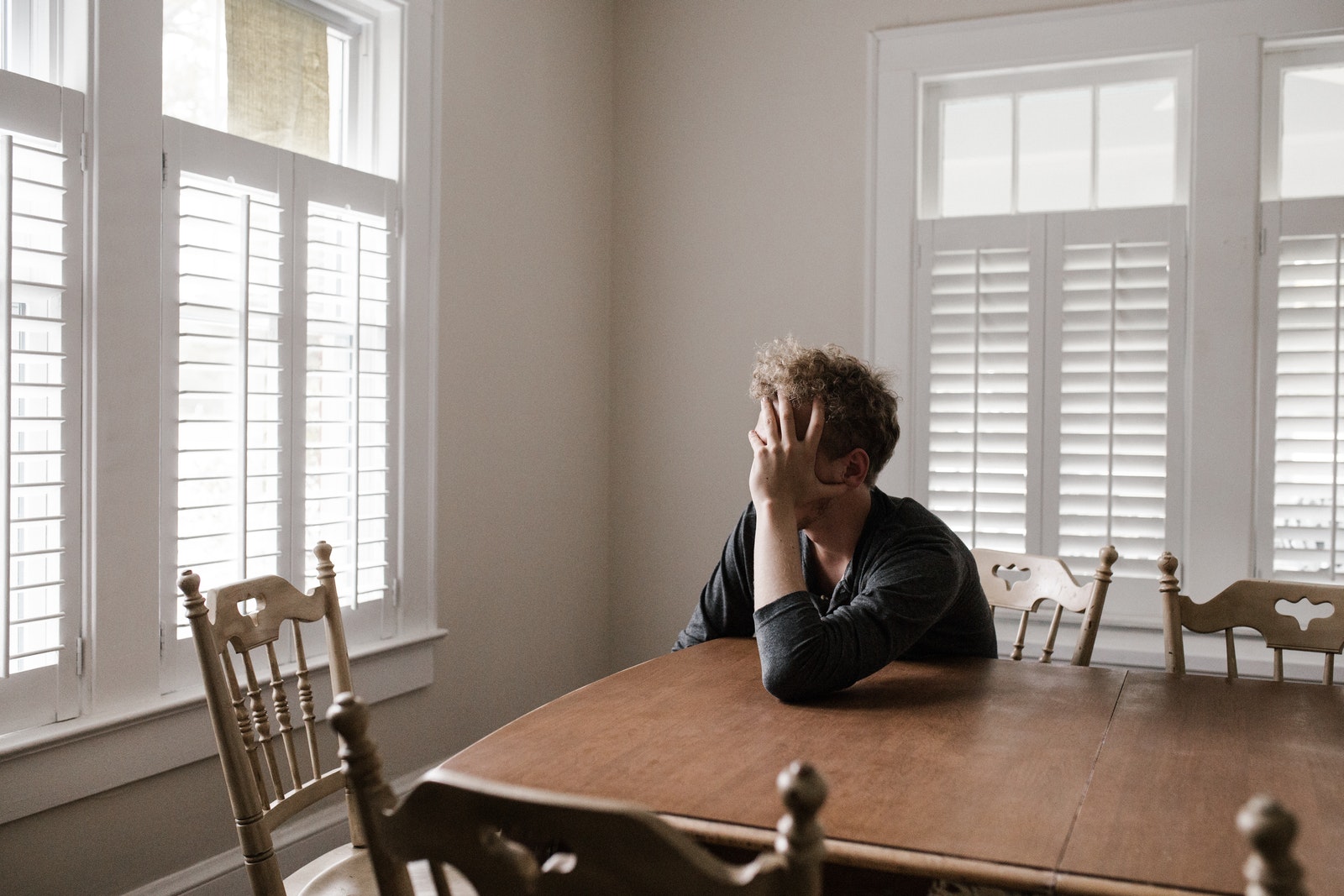Psychoneurotics, mental illness, or mental disorder can be defined as a health condition that changes a person’s thinking, feelings, or behavior, or even all three, and causes sufferers to feel depressed and have difficulty functioning or carrying out daily activities.
Like any other disease, the degree of psychoneurotic can be severe or mild. People with mental disorders will not necessarily look sick, especially if the disease is mild.
Then, can psychoneurotics be completely cured? Let’s look at the following answer.
Can psychoneurotics fully recover?

Still, many people can’t tell the difference between the terms ‘cured’ and ‘treated.’ Many diseases cannot be cured but can be treated until the symptoms are reduced or controlled, such as diabetes.
People affected by diabetes will not be able to recover; there must be proper treatment, then the symptoms of diabetes will gradually improve and enable the sufferer to carry out daily activities without interruption. The same applies to mental illness.
So, psychoneurotics cannot be completely cured. Still, it is possible to treat it so that the sufferer can carry out daily activities without significant disturbances, such as being able to work, go to school, or socialize well.
Psychoneurotics is also said to be completely incurable because, compared to physical illness, mental illness has a higher chance of relapse.
Some patients with psychoneurotic need drugs or routine therapy to prevent relapse, but some do not.
However, for all people with mental disorders, it is still advisable to continue to maintain a lifestyle that can prevent mental disorders from being triggered again.
In particular, if the mental illness in question has the potential to develop into severity, such as depression, bipolar disorder, schizophrenia, to attention deficit hyperactivity disorder (ADHD).
Can psychoneurotics heal on their own?

So, whether psychoneurotic can heal themselves? Mental illness can affect everyone in different ways. In some people, mental disorders can come and go or recur.
While for others, a condition of mental disorders can feel almost constant or always felt.
You may experience only one episode of depression, or the condition may last a lifetime. You may also experience several mental illnesses over time or all at once.
However, if you have severe symptoms or have had several types of mental illness at the same time, then in general, the illness will not go away on its own or will likely come back again.
Effective treatment for mental illness
Effective treatment for psychoneurotic sufferers can be done with therapy, drugs, or a combination.
1. Psychiatric drugs
Treatment of psychiatric disorders using the medication can often improve symptoms significantly. Psychiatric medications can also help make other treatments more effective. Some of the most commonly used classes of psychiatric drugs include:
- Antidepressants
Antidepressants can help improve symptoms such as sadness, hopelessness, lack of energy, difficulty concentrating, and lack of interest in activities. This type of drug is not addictive and does not cause dependence.
- Anti-anxiety drugs
Anti-anxiety medications are used to treat generalized anxiety disorder or panic disorder. This medication can also help reduce agitation, restlessness, and insomnia. Ideally, this type of drug is used in the short term because it has the potential to cause dependence.
- Mood stabilizer
Mood stabilizers are most often used to treat bipolar disorder, which involves alternating episodes of mania and depression. Sometimes these drugs are combined with antidepressants to treat depression.
- Antipsychotic drugs
Antipsychotic medication is a type of medication used to treat psychotic disorders, such as schizophrenia. They can also use this type of medication to treat bipolar or depression.
2. Psychotherapy

Psychotherapy or talk therapy will involve talking to a psychiatrist or psychologist about the conditions and mental disorders you are facing.
You will learn about conditions, moods, feelings, thoughts, and behaviors during psychotherapy. This therapy usually takes up to months to see the benefits. Examples of psychotherapy that doctors usually recommend include cognitive behavioral therapy, interpersonal psychotherapy, and dialectical behavior therapy.
With the insights and knowledge you have gained, you will then learn the skills to cope with and manage stress.
3. Brain stimulation treatment
Brain stimulation treatments are generally reserved for situations where medication and psychotherapy have not worked. Brain stimulation treatments include electroconvulsive therapy (ECT), repetitive transcranial magnetic stimulation, deep brain stimulation, and vagus nerve stimulation.
4. Hospital treatment program
Mental disorders can become so severe that they require treatment in a mental hospital. It is usually advised if the patient is unable to properly care for himself or is at risk of harming himself or others.
Some of the types of treatment that it can give include:
- 24-hour hospitalization
- Partial or day hospitalization,
- Residential care, which offers supportive temporary housing.
- Intensive outpatient
5. Substance abuse treatment
Problems with substance use usually go hand in hand with mental illness. Often these problems can interfere with treatment and even worsen mental illness conditions. If you are addicted to drugs or alcohol, you should talk to your doctor about the treatment options available.
There is no guarantee that psychoneurotics can be cured completely. However, don’t just wait for your mental health condition to heal by itself. Seek professional help from a psychiatrist or psychologist if you experience disturbing mental symptoms.
There are many great treatment options to choose from. Active action is needed from yourself to improve your mental health so that you can return to your normal activities without any significant disturbances.



